Chosen theme: Low-Impact Travel Tips. Explore practical, uplifting ways to see the world with a softer footprint—thoughtful choices, slower rhythms, and small habits that add up to meaningful change. Join our community, share your ideas, and help others travel kindly.
Understanding Low-Impact Travel
Low-impact travel is not perfection; it is a series of consistent, kinder choices. It means minimizing waste, choosing efficient transport, supporting locals, and respecting ecosystems so destinations thrive long after our footprints fade.
Understanding Low-Impact Travel
From carrying a reusable bottle to skipping a short flight, small shifts multiply across thousands of travelers. Your example can inspire others, amplifying positive effects on emissions, waste, and community well-being over time.
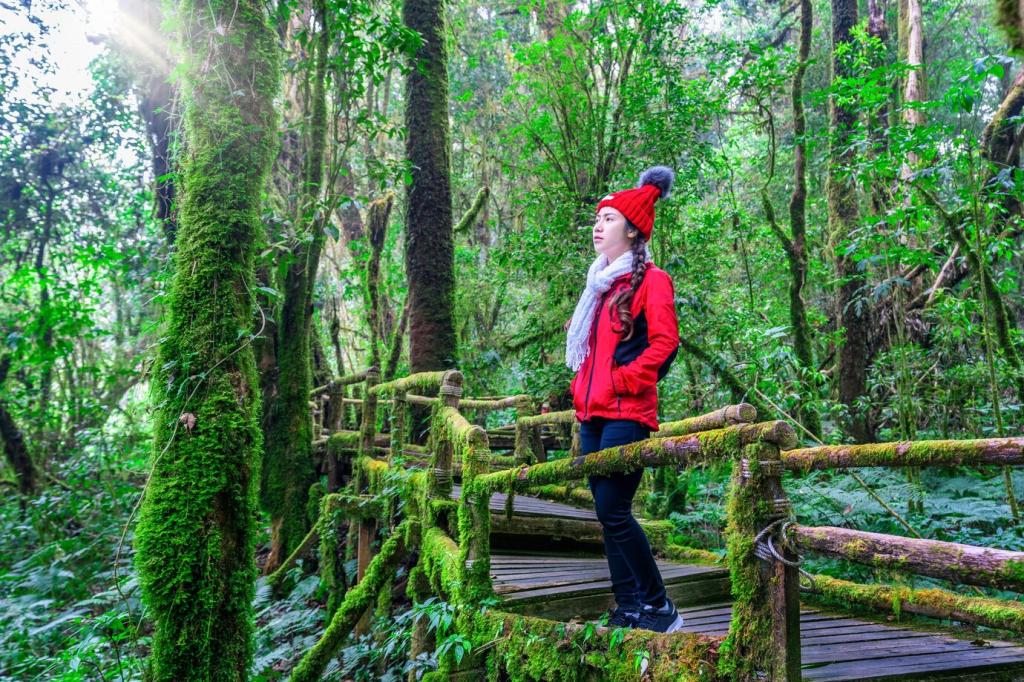
Packing Light and Smart
Choose layers in neutral tones, quick-dry fabrics, and multi-use pieces that work across climates and cultures. Fewer items reduce laundry, cut baggage fees, and keep your energy focused on experiences rather than constant wardrobe choices.
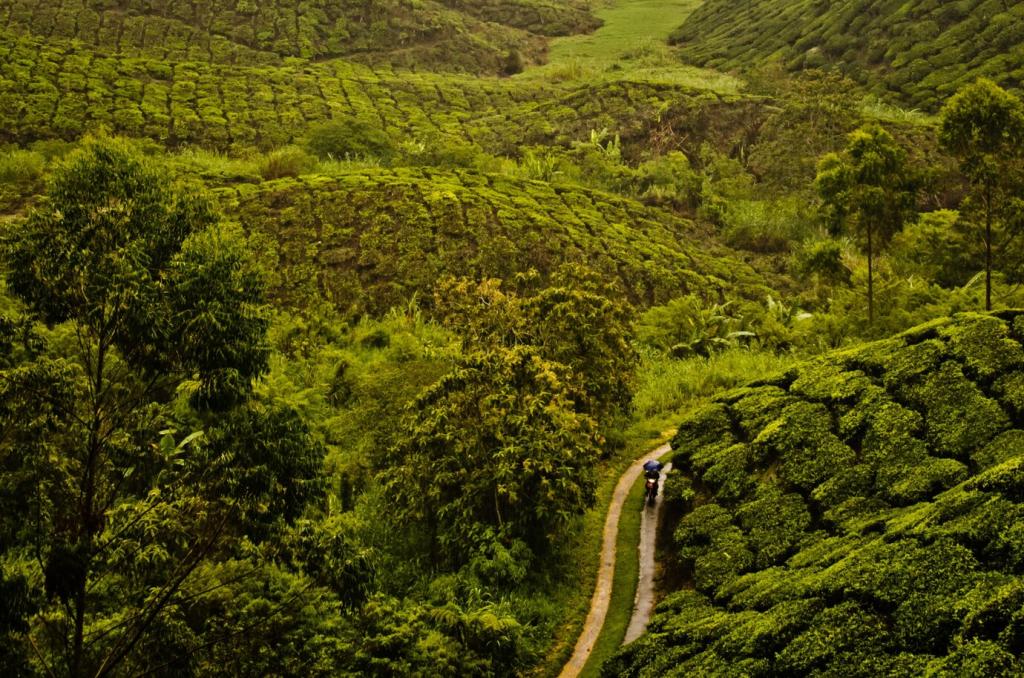
Choosing Lower-Emission Transport
Short flights are typically the most emissions-intensive per distance. Trains and buses often emit far less and reveal landscapes you would otherwise miss. Use regional passes or night routes to turn transit into an adventure.
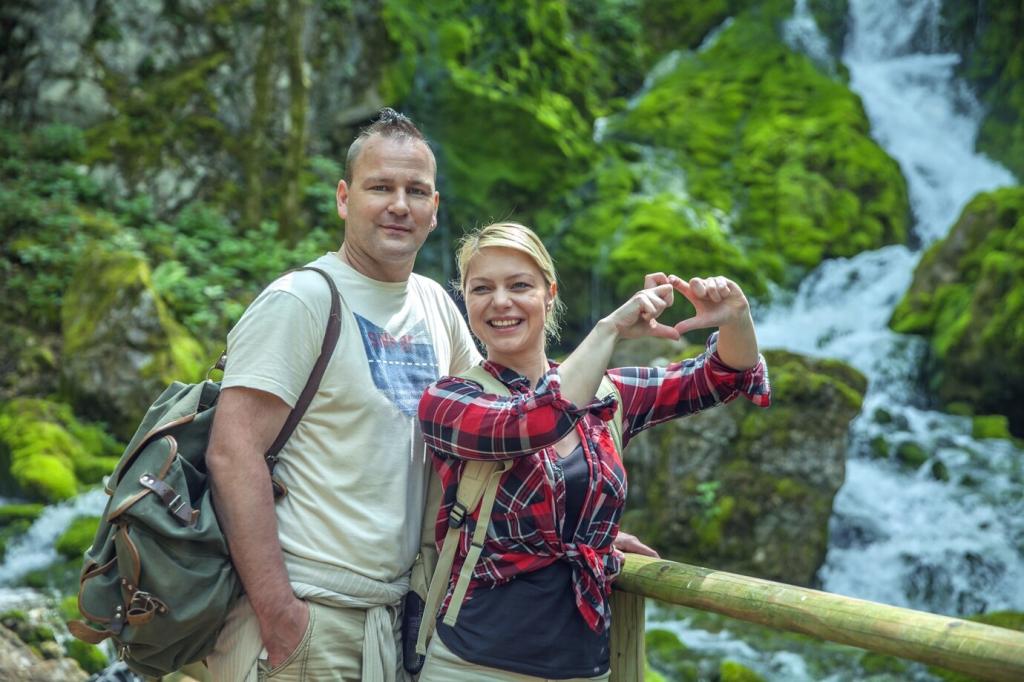

Choosing Lower-Emission Transport
Group nearby destinations and stay longer in each place. You will cut transit legs, save money, and deepen cultural connections. Ask locals for seasonal routes that are beautiful, efficient, and kinder on the environment.
Eco-Friendly Stays and Local Hosts
Look for clear conservation practices: renewable energy, efficient heating, low-flow fixtures, and transparent community contributions. Certifications can help, but ask questions directly and read how properties respond to thoughtful guest concerns.
Eco-Friendly Stays and Local Hosts
Skip daily linen changes, turn off climate control when out, and use natural ventilation where possible. Short showers, towel reuse, and minimal amenities requests reduce water and energy without compromising comfort or rest.
Eco-Friendly Stays and Local Hosts
A family host once taught me to sort compost with coffee grounds for their rooftop garden. That simple act built trust, sparked conversation, and showed how guests can contribute to household sustainability with genuine respect.
Eating and Shopping Sustainably
Ask what is in season and where it was grown. Street markets and small eateries often showcase regional staples that travel fewer miles. You will taste fresher flavors while supporting producers who keep traditions alive.
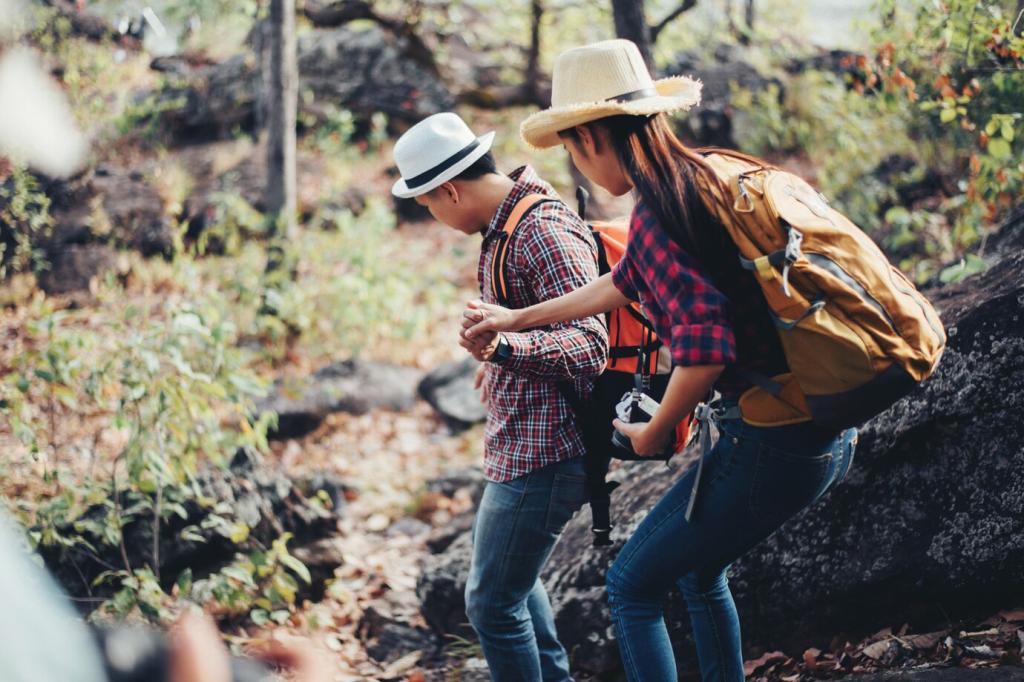
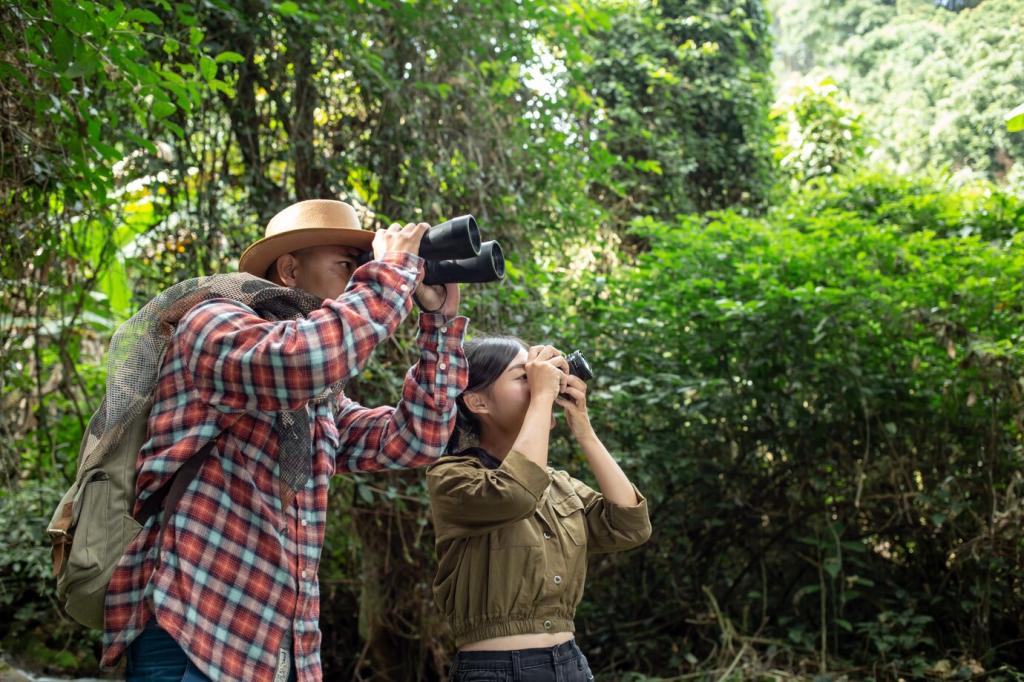
Eating and Shopping Sustainably
Carry a compact container for snacks and leftovers, and say no to disposable cutlery. Buy from bulk bins or bakeries that welcome your bag. These choices cut plastic and save money without sacrificing convenience or taste.
Respecting Ecosystems and Cultures
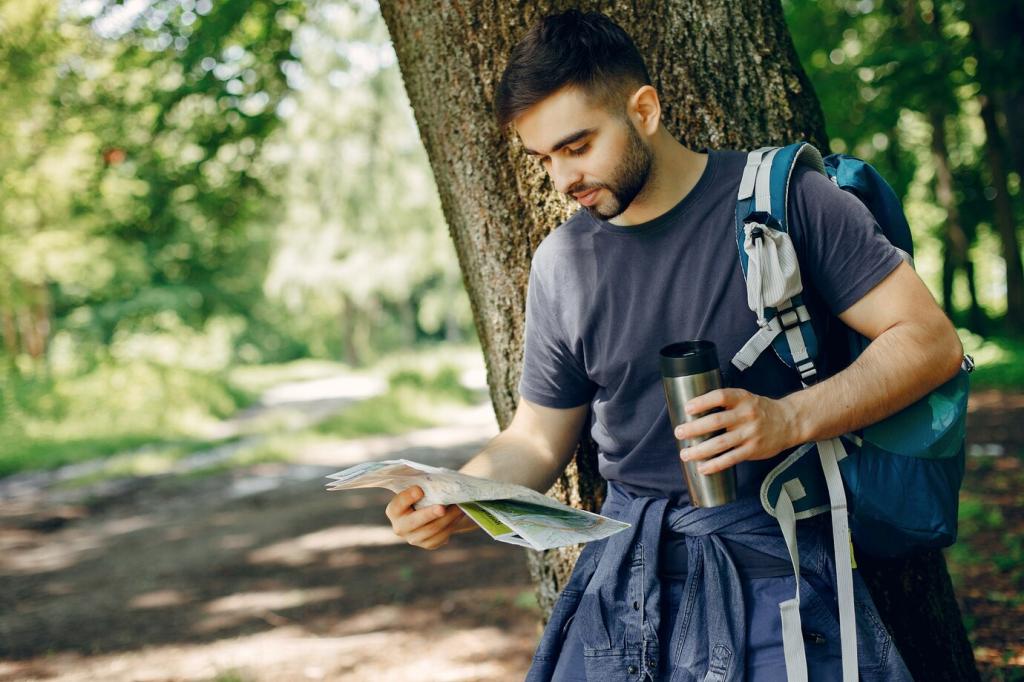
Wildlife first, always
Avoid activities that bait, touch, or stress animals. Keep respectful distances, choose guides with strong ethics, and remember that observing quietly often leads to the most magical, unforced encounters worthy of your journal.

Trail etiquette and leave-no-trace
Stay on marked paths, pack out all trash, and skip shortcutting switchbacks. In busy areas, your example teaches others. Share your favorite leave-no-trace tip with us, and we will feature community wisdom next month.

Cultural humility in action
Learn greetings, dress norms, and photography etiquette. Ask permission before posting identifying images. Listening first invites richer conversations, and it helps ensure our presence contributes positively rather than overwhelms or exoticizes.
Designing Slower, Deeper Itineraries
Choose two or three anchor experiences and build around them. Let mornings stretch and afternoons wander. You will leave with detailed memories rather than rushed snapshots and a trail of unnecessary transport segments.
Designing Slower, Deeper Itineraries
Use offline maps, eSIMs, and transit apps to avoid detours that waste fuel and time. Save routes, market hours, and refill stations, and share your map layers so others can replicate low-impact routines easily.
Designing Slower, Deeper Itineraries
Dedicate a day to moving only by foot, bike, or transit. Journal discoveries—a hidden courtyard, a baker’s laugh, a local park bench. Post your reflections and tag us so fellow travelers can learn from your route.
